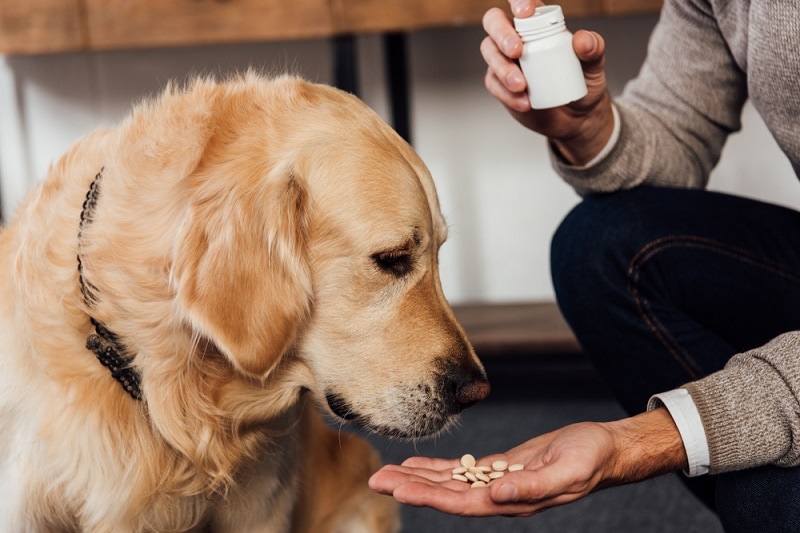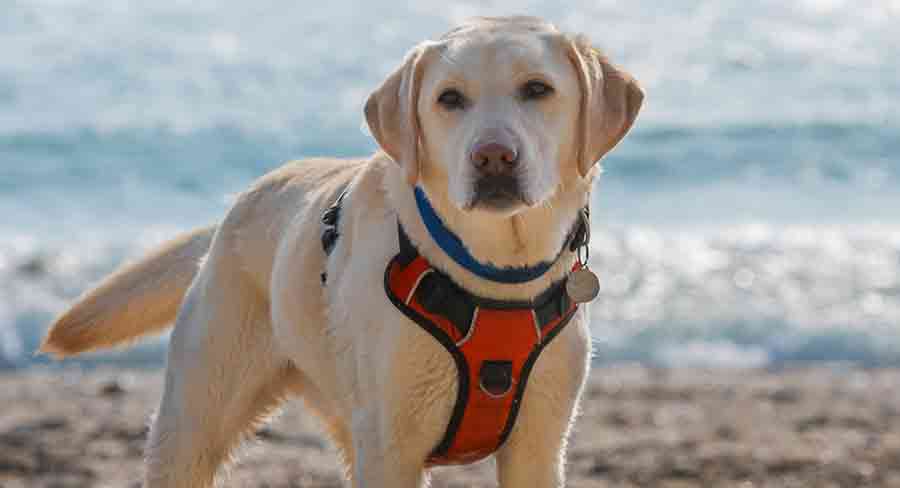Owning a horse or two in your farmland requires knowledge and experience in overall care of the animal/s. This includes knowing the common horse health problems that might inflict your own and the next step you need to take if ever it is inflicted.
Your priorities at the moment you get a horse are the necessary vaccinations and deworming. When you take the animal to a local vet, he or she will be able to recommend the ideal vaccination medicines that will suit immediate requirements (i.e. vaccines for parasites, boosters, vitamins, etc.) in correlation to the area’s typical diseases. Remember when you take your horse to the vet make sure you have the correct driving licence for towing a horse trailer or your horse box insurance will be invalid. Not sure check the official guide here
Colic
Colic is not just one condition, but a collective name for various digestive problems in horses. When symptoms occur, make sure to call your equine vet immediately for treatment.
This condition can be caused by intestinal blockage (i.e. foreign objects, improper food, and other factors), twisted intestines, or excessive intestinal gas (typically caused by swift change in diet). Gastrointestinal parasites may also lead to colic.
Look out for these symptoms: loss of appetite, constipation, irregular bowel movement, signs of pain, salivation, repetitive flehmen response, teeth gritting, pacing, ‘parking’ (stretching out the legs from the body), nipping/looking at its sides, getting up and down frequently, pawing the ground, and rolling frequently.
You can prevent colic in horses by providing proper food and diet, and plenty of fresh water daily. Ensure your horses are not ingesting sand, dirt, or other inappropriate materials. Regularly deworm your horses per veterinarian’s recommendation and only make dietary changes gradually.
Exertional Rhabdomyolysis
ER syndrome has various names such as Monday morning disease, azoturia, and ‘tying up’. It is a syndrome that can damage or degenerate the muscles. There is no definite cause for this syndrome, but the sudden increase in the animal’s workload is always the culprit.
Other factors include mineral imbalances, overfeeding of grains, overworking after a long rest, hypothyroidism, vitamin E and/or selenium deficiency, genetic predisposition, cold or wet weather.
Symptoms to look for are stilted or stiff gait, cramping, soreness in the hind limbs, and disinclination to move.
Heaves
Heaves is a common terminology for the medical condition in horses known as RAO or recurrent airway obstruction. It is a chronic inflammation of the respiratory system which is often caused by allergic reaction to airborne particles. It is quite similar to asthma in people. Heaves is often observed in horses that spend most of their time in stables where they are exposed to molds and dust from old straw and hay.
Symptoms include shortness of breath (particularly after exertion), wheezing, and moist coughing (sometimes with copious phlegm). If afflicted horses are struggling to breathe, call the veterinarian immediately.
You can help prevent heaves in horses by often taking them outside. Remove the sources of dust and mold in the stables by throwing away and replacing old bedding and hay. Soak hay in water before feeding it to horses. Cleaning of stalls should be done frequently to reduce airborne particles.
Laminitis
Laminitis is the inflammation of specific internal areas of the hoof. It is very painful and serious which can cause lameness in horses and frequent lying down to relieve the pain. The afflicted hoof may also feel warm to the touch.
Laminitis is caused by various factors such as trauma, hormonal disorders, colic surgery, and too much grain in the feed. Untreated infections, working on extremely hard ground, reaction to drugs and agricultural chemicals can also cause laminitis.
This condition should be treated immediately especially at the onset. If you think your horse has laminitis, it’s better to seek veterinary care at once. The most common treatments include cryotherapy, orthotic devices, and/or anti-inflammatory drugs.
Also, watch out for abscess on the hooves not just because of laminitis. There are many factors that can cause abscess or infectious areas in the hoof such as penetration of foreign objects such as sharp stones, nail, and such. Usually a horse holds its leg up and often hesitates to put pressure on the afflicted hoof to ease the pain.
Call the vet to treat the abscess and follow the instructions to help heal the infection in the soonest possible time.
Parasites
Parasites are quite common in horses and other grazing animals. Since they spend a lot of time outdoors, they are vulnerable to both internal (usually, parasitic worms that penetrate internal organs) and external parasites (such as ticks, bugs, worms, and other organisms that attach on the horse’s skin.
Owning a horse requires budget and high level of responsibility. Veterinary care should always be top priority especially when symptoms are visible and more manageable for the vet to medicate.




